While addressing a question regarding the U.S. president-elect's threat on Sunday to impose a 100 percent tariff on BRICS countries if they don't give up their plan to create a currency that could replace the U.S. dollar, Lin Jian, a Chinese Foreign Ministry spokesperson, responded diplomatically concerning BRICS' principles and China's stance.
He pointed out that as an important platform for cooperation between emerging markets and developing countries, the BRICS countries advocate openness, inclusiveness, win-win cooperation and not to engage in camp confrontation or target third parties in order to achieve common development and universal prosperity.
China is willing to continue to work with BRICS partners to deepen practical cooperation in various fields and make more contributions to the sustained and stable growth of the world economy, Lin added.
Despite so, reading between the lines, the readers would not have mistaken Beijing's view on the incoming U.S. president's intimidation that emerging market economies deserve more rights in deciding for themselves in international financial affairs corresponding to their increasingly important roles in the world economy.
Also, Beijing tries to dispel Washington's concern that the U.S. is targeted by BRICS countries by stressing that BRICS cooperation are open and inclusive and does not target any third party, reminding the U.S. side that it will also benefit from a common development and universal prosperity the BRICS countries are working for.
Not to mention the fact, which Lin also highlighted, that the emerging market economies can greatly boost a sustainable recovery of the world economy, which will also serve the U.S.' interest as the U.S. economy is dragged by the lackluster world economic situation.
That being said, the U.S. has no reason to shoot its own feet by waving the tariff bat just to protect its exclusive dollar interest, which, if imposed, will likely backfire against the U.S. itself as it will be the U.S. enterprises and consumers that will bear the cost of the tariffs at last.








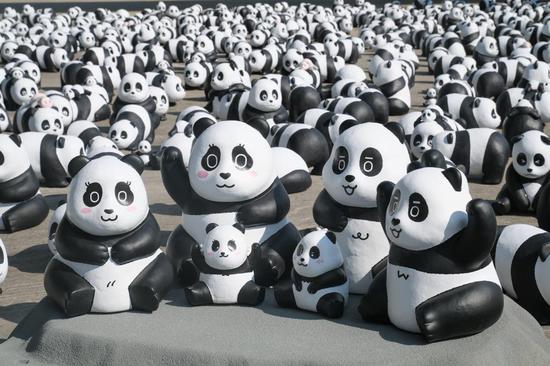



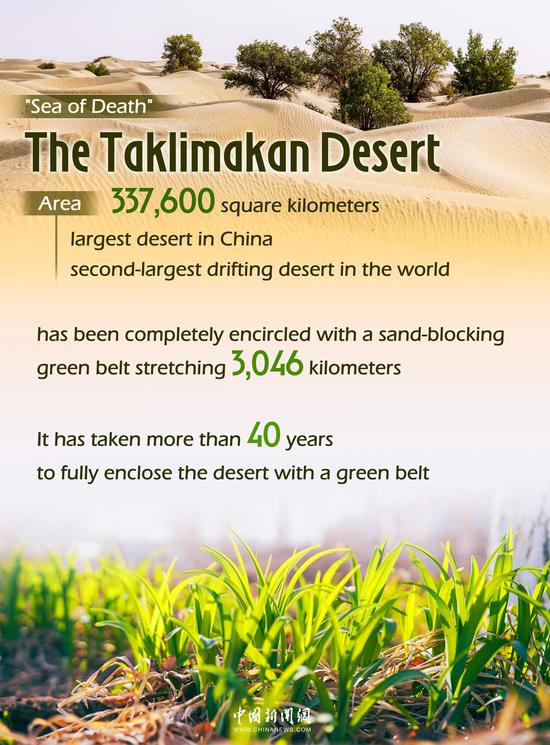
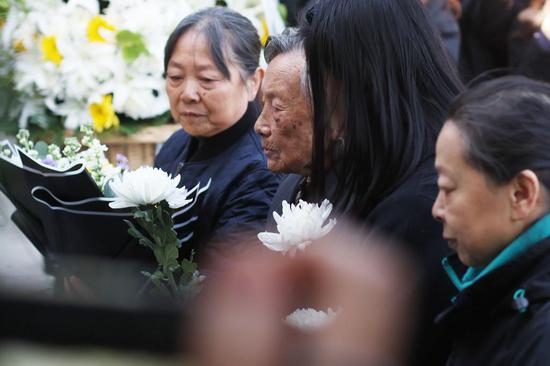


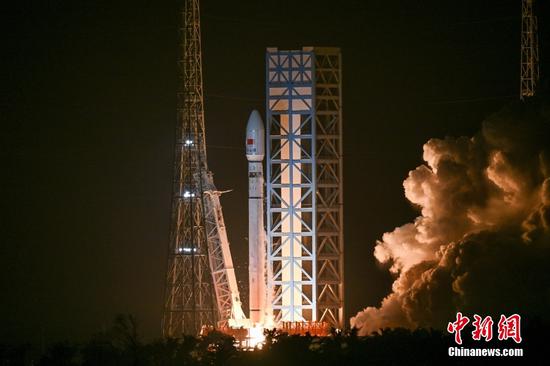

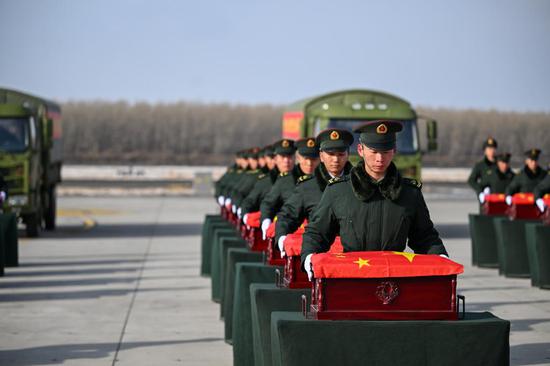





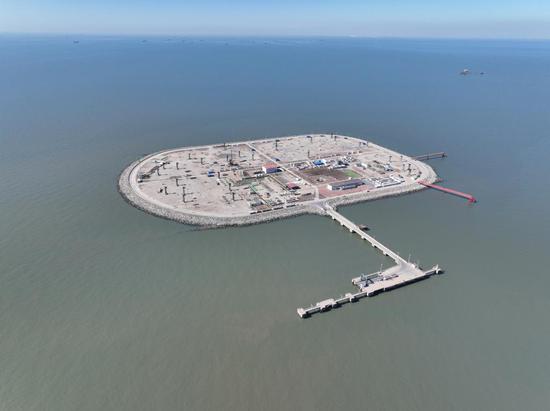

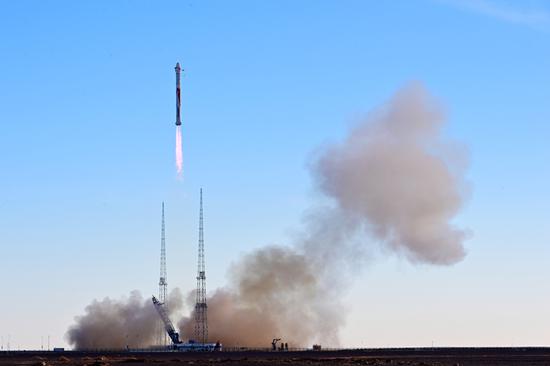
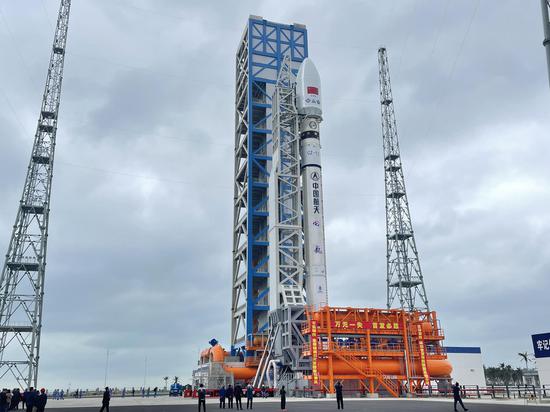
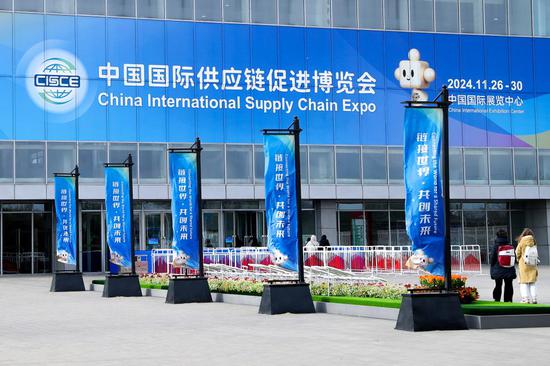





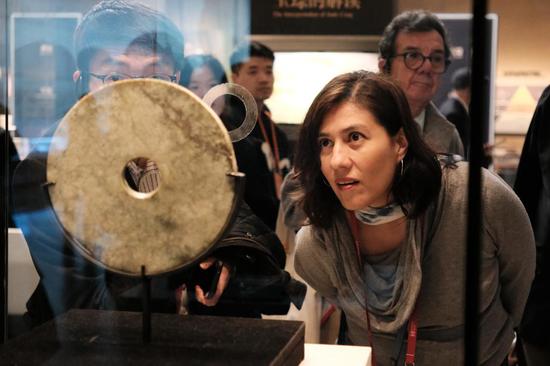
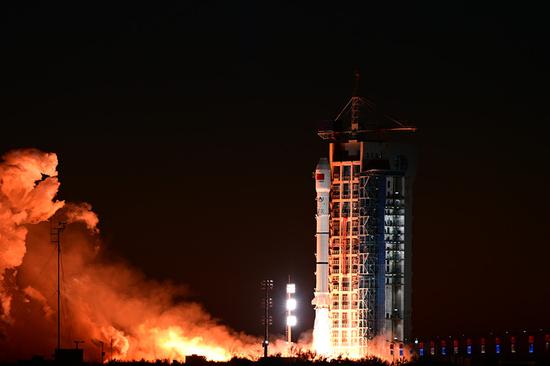


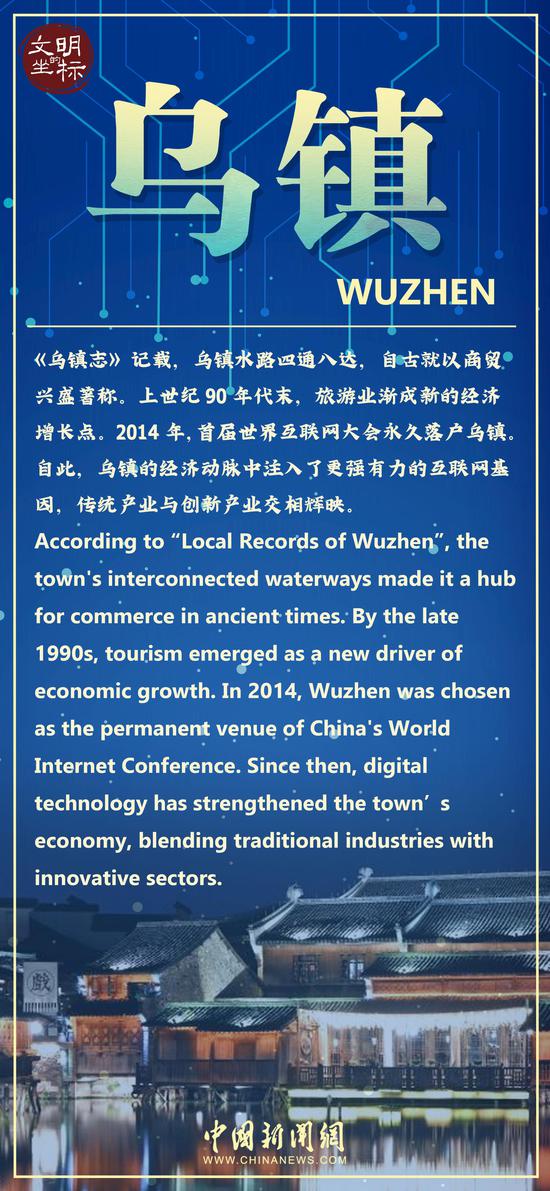









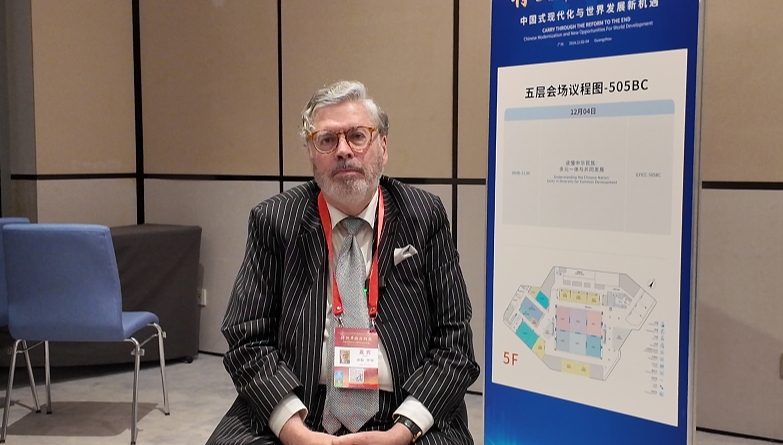

 京公网安备 11010202009201号
京公网安备 11010202009201号